Are you prepping for an upcoming outdoor adventure and considering your footwear? Whether you’re going on a day-long hike or a weekend in the woods, it’s important to have adequate shoes that can handle the terrain. Duck boots are popular among hikers but do they really measure up when it comes to preparing for long trails? In this article, we’ll explore whether duck boots are suitable for hiking and what packing tips will make sure you have the best experience possible. Read on to find out if duck boots should be part of your hiking gear!
How to Get Packed for a Camping Trip?
It’s time for a camping trip! As exciting as it is, packing for the outdoors can be quite daunting. To help you get ready and avoid any last minute panic-packing, here are some tips to get you started:
Gather Your Essentials
Start by gathering your essential items you’ll need on the trip. This includes items such as:
- Tent
- Sleeping bags
- Camping stove with fuel and matches
- Flashlights, headlamps, lanterns
- A cooler filled with food and drinks, utensils, plates and cups. Don’t forget to also bring a can opener!
- Toiletries – soap, shampoo, toothbrush, toothpaste, and toilet paper
- First Aid Kit
- Clothing – layers are best as the weather can change quickly. Don’t forget to also pack some rain gear!
- Flashlight or headlamp for night adventures
- Binoculars – great for bird watching or seeing animals in the distance
- Maps of the area
- Bug Spray [1]
Divide and Conquer
Once you have your essential items, divide them into different containers and bags for easy organization. For instance, pack toiletries and medical supplies in a small bag or box, food items in a cooler, clothes in a large duffle bag. This will help make it easier to find things when you’re out in the woods.
Don’t Overpack
Try your best to pack light and bring only items that are necessary and essential for the trip. If you overpack, it’ll be more difficult to move around and carry everything from one campsite to another. So remember, less is more!
Consider Extra Items
If you’re planning to stay at the campsite for more than one night, you might want to bring a few extra items such as:
- A hammock or chairs for comfortable seating
- An extra tarp in case of rain
- Games and cards for entertainment
- A camp chair or two
- Your favorite snacks like trail mix, dried fruit, and nuts
- Sunscreen for sunny days
- A fishing pole or two
- Binoculars
- A camera to capture memories!
Be Prepared
Now that you have your items packed up, it’s time to go on the adventure of a lifetime. Remember to stay safe and keep these tips in mind:
- Before you leave, research the area you’ll be camping in. Check if there are any restrictions or warnings from local authorities.
- Make sure to always bring a charged phone with you in case of an emergency.
- Also bring a map and compass so you know where you’re going. If possible, it’s best to have someone know your exact location in case you get lost.
- Don’t forget to bring plenty of water and snacks!
Now that your packing list is ready, all that’s left to do is grab your supplies and go out into the great outdoors! Have fun and enjoy your camping trip!
Tips for Setting Up Camp
Once you reach your campsite, it’s time to set up camp. Here are some tips for the best camping experience:
-
- Look for an area that is not near any potential hazards such as streams or bogs.
- Select a spot with plenty of shade and open air circulation to avoid condensation and moisture buildup in your tent.
- Make sure you are a safe distance from any fire pit and keep flammable materials away from it.
- Set up your tent on flat, dry land to avoid water seeping in during the night.
- Gather any kindling or wood for the campfire nearby before you set up camp so you don’t have to go far when it’s time to light it.
- Designate a bear bag and hang it away from your tent to keep food away from any wildlife that might wander into camp.
Have Fun!
Now that you’re all set up, enjoy the outdoors and the activities available! Don’t forget to be mindful of your surroundings, take care of the environment, and respect other campers. Most of all, have fun! [2]
How to Pick Hiking Shoes?
When it comes to hiking, having the right kind of shoes can make all the difference. It is important to pick a pair that is comfortable, supportive, and provides good traction on different types of terrains. To help you find the perfect pair, here are some tips on what to look for when choosing your hiking shoes:
Comfort
First and foremost, you should always aim for comfort when choosing your hiking shoes. Make sure the fit is snug but not too tight – if it’s too tight it will be uncomfortable to wear on a long hike. Your feet will swell as you walk, so make sure there is some room in the toe box area to accommodate this. You should also look for a shoe with cushioning and arch support, as this will keep your feet comfortable on the trail.
Support
Look for sturdy soles that provide good grip and stability on different types of terrain. A waterproof model is also recommended if you plan on going through wet or muddy conditions. For added support, choose a shoe with ankle and heel protection. The higher the height of the shoe, the more support it will offer your ankles.
Style
Hiking shoes come in all shapes and sizes, so you can find one that suits your style. If you’re looking for something lightweight and breathable, opt for a low-cut model. If you’re looking for a more rugged and sturdy look, go for something with a higher cut. You can also find shoes in different colors to suit your taste – just make sure it still gives you the comfort and support you need.
Durability
It is important that your hiking shoes are durable, as they will have to put up with tough terrain and conditions. Look for shoes that are made from high quality materials, such as leather or synthetic fabric. Check the tread of the sole to make sure it is thick enough to provide good grip over different types of surfaces. And if you plan on going through very wet or muddy conditions, opt for a waterproof model to keep your feet dry. [3]
How to Protect Yourself During Hiking?
When you are hiking, it is essential to be aware of the dangers and take precautions in order to protect yourself. Here are some tips that will help keep you safe while out on your hikes:
- Wear proper clothing for the conditions – make sure you wear comfortable yet durable clothing that can withstand the terrain and weather conditions. It’s also a good idea to wear layers that you can take off as needed;
- Wear protective gear – wear a helmet, gloves, and other protective gear that is appropriate for the activity;
- Pack essentials – ensure you have food, water, and any other essential items with you in case of an emergency;
- Know the terrain – be familiar with the area before setting out;
- Stay on the trails – even if you are an experienced hiker and know your way around, it is still important to stay on established trails in order to prevent getting lost;
- Bring a map and compass – these can come in handy if you get lost or disoriented.
- Be aware of your surroundings – be vigilant and keep an eye out for any potential hazards such as wild animals, unstable terrain, or other hikers who may be in your path.
These tips can help keep you safe while exploring the great outdoors. By following these simple guidelines, you can protect yourself and have a safe and enjoyable hike. [4]
What Are Duck Boots?
Duck boots are a lightweight, waterproof shoe that is designed to provide protection from wet and cold conditions. The classic duck boot consists of a rubber sole, leather upper, and canvas lining. They have become increasingly popular in recent years as people look for fashionable yet functional outdoor footwear.
The term “duck boot” originates from the fact that the shoes were originally designed to protect hunters from wet and cold conditions while walking through wet terrain. The boots are often associated with a classic outdoor look as well, making them ideal for both fashion and function.
Whether you’re looking for a classic outdoor look or just need waterproof footwear to keep you warm and dry, duck boots are a great option for those who want both fashion and function. Not only are they comfortable and stylish, but they also provide protection from wet and cold conditions, making them the perfect outdoor footwear for any season. [5]
What Are Duck Boots Good For?
Duck boots are a classic type of footwear that has seen an increase in popularity and usage over the last few years. Although they may look similar to other types of boots, duck boots offer protection from cold weather, wet conditions, and snow. This makes them perfect for:
- Hiking: they are an excellent choice of footwear for hiking, especially in wet or cold conditions. The waterproof material and traction on the soles help keep you steady and safe when trekking through difficult terrain.
- Hunting: whether you’re out hunting for game or just bird watching, duck boots can provide protection from the elements as well as a good grip on the ground.
- Fishing: when you’re out fishing, duck boots can help keep your feet dry and warm in cold weather or wet conditions. Plus, the soles are designed to provide traction on slick surfaces like boat decks or docks.
- Everyday Wear: duck boots have become popular for everyday wear as well. They look stylish and their durable construction allows them to stand up to wear and tear.
- Outdoor Work: they are a great choice for those who work outdoors, such as landscapers or gardeners. The weatherproof material and slip-resistant soles can keep you safe and comfortable in any type of conditions. [6]
Pros of Hiking in Duck Boots
- Duck boots provide great traction – Duck Boots are designed for wet and slippery surfaces so they feature a deep tread that can grip even the most rugged terrain. Whether you’re exploring hills, mud, or snow-covered trails, duck boots will keep you firmly on your feet. The deep lugs provide excellent traction and grip so you can confidently hike over rocky or uneven ground.
- Keeps your feet dry – Not only does the thick rubber help to keep water out, but duck boots are also seam-sealed and waterproof, keeping your feet warm and dry. The waterproof protection means you can hike through puddles, streams, and wet terrain without worrying about getting your feet soaked. Your feet will stay comfortable for longer adventures.
- Provides ankle support – Duck boots typically extend up over the ankle, providing more support than regular hiking shoes. The ankle coverage gives added stability on uneven or tricky terrain. The snug and supportive fit around the ankle reduces the risk of twisting an ankle when hiking.
- Versatile and long-lasting – They are extremely durable and long-lasting. They can withstand hiking through brush, stomping through mud, and walking over rocky ground. The rugged build means duck boots can handle all types of terrain and weather conditions. They are a very versatile choice for hiking footwear. Duck boots can last for several years even with frequent use, due to their durable rubber and leather construction.
- Insulated for cold weather – Many boots come with built-in insulation like Thinsulate to help keep your feet warm in cold weather. The insulation, combined with the waterproof exterior, makes duck boots ideal for hiking in rain, snow, and frigid temperatures. Your feet will stay warm and cozy for the duration of your hike.
The durable, waterproof, and insulated duck boots have significant benefits for hiking in challenging conditions. They provide the traction, support, and comfort needed for trekking over rough and uneven ground, through streams or mud, and in cold or rainy weather. Duck boots are a versatile choice of footwear for any hiking adventure. [7]
Cons of Hiking in Duck Boots
- One of the major cons of hiking in boots is that they are not waterproof. Although they offer some protection from wet and muddy surfaces, prolonged exposure to moisture can cause the boots’ materials to deteriorate quickly.
- They are not designed for long hikes or intense trekking activities. As such, they may lack the support needed for traversing rocky or uneven terrain safely.
- Duck boots are often heavier than other types of hiking footwear, such as lightweight trail running shoes or mountaineering boots. This can make them a less ideal choice for longer hikes where you want to travel light and fast.
- The insulating properties of duck boots can cause your feet to become too warm during extended periods of activity in warm weather. If you need to hike in a hot climate, it is best to wear lightweight breathable shoes instead.
- Some models of duck boots have poor traction and can cause your feet to slip on wet or muddy surfaces. This means that they are not the most suitable option for hikes on steep, slippery terrain. Additionally, the heavy weight of the boots may make it harder to find a secure foothold.
- While duck boots are great for cold weather, they may not provide enough insulation if you plan to hike in extremely low temperatures or on snow. In these cases, specialized winter boots with thick insulation and waterproofing properties may be more suitable.
- The materials can easily be scuffed and worn down if exposed to rough terrain. This means that they might not be the most durable choice for hiking in rugged outdoor environments.
- The boots are often more expensive than other types of hiking footwear. It is important to weigh up their pros and cons before investing in a pair. [8]
How to Extend the Life of Duck Boots While Hiking?
Hiking and duck boots often go hand-in-hand, but the combination can be hard on your boots. To extend the life of your duck boots while hiking, there are a few key steps you should take.
- First, make sure to clean your duck boots regularly. Cleaning them after each hike will help to prevent dirt, mud, and debris from building up and compromising the integrity of your duck boots. If you notice any dirt or mud buildup, use a soft brush and warm water to gently remove it.
- Second, waterproof your boots regularly. To ensure your duck boots stay in top condition for the long haul, make sure to treat them with a good quality waterproofing product after every few hikes or after each time you clean them.
- Third, be mindful of the terrain you hike on. Rocks and hillsides can damage your duck boots if not taken into consideration; so take the necessary steps to ensure you don’t cause any unnecessary wear and tear to your footwear.
- Fourth, choose well-made duck boots for your hikes. Investing in a good quality pair of duck boots will be well worth it in the long run. Investing in a quality pair will help ensure that your feet stay comfortable and dry on every hike, as well as extend the life of your boot. [9]
FAQs
Are duck boots durable?
Yes, duck boots are known for their durability. Made with a combination of leather and rubber soles, these boots can withstand all types of weather and terrain. Whether you’re trekking through muddy fields or slushy city streets, duck boots will provide the best protection from the elements while keeping your feet warm and comfortable.
Can you wear duck boots everyday?
Yes, you can wear duck boots everyday! Duck boots are a great option for casual and outdoor activities alike. They are lightweight, waterproof, stylish, and comfortable – making them an ideal choice for any situation. Whether you’re going out to dinner or taking a hike in the woods, duck boots will keep your feet protected from the elements while looking good. Plus, with a variety of styles and colors, you can find the perfect pair to suit your individual style. So go ahead – invest in a good pair of duck boots for everyday wear!
Can you wear duck boots year round?
Duck boots are a great choice for hiking in any season. These shoes are designed to be lightweight, waterproof, and breathable, ensuring that your feet stay comfortable and at the right temperature all day long. Plus, they have a traction-enhancing sole that will help you stay surefooted in all kinds of terrain. Not to mention that their classic style looks good no matter what time of year it is.
That said, duck boots are probably best suited for colder weather hikes. The insulation in the shaft and tongue will keep your feet warm, even when temperatures drop. A good pair of duck boots should also be able to handle wet conditions with ease, making them perfect for hiking in rain or snow.
Are duck boots meant for rain?
Duck boots were originally designed to be waterproof, so they can easily handle rainy conditions. The materials used in duck boots are designed to repel rain and snow, making them ideal for outdoor activities like hiking. The rubber sole also helps provide traction on slippery surfaces during wet weather. However, while duck boots are certainly water-resistant, they should not be relied on for deep water activities like swimming. If you’re looking for a boot that can handle these types of wet conditions, look into camping boots or wellingtons.
Useful Video: Are Duck Boots Good for Snow?
Wrapping Up
Overall, duck boots can be a versatile and practical choice for hiking. These boots provide great traction on any terrain as well as keep your feet dry even if the ground is wet. Although some may consider them too heavy, they are still a great choice for those looking to explore the outdoors without sacrificing comfort or safety. Of course, any hiking boot should fit properly and be broken in before any serious hikes and duck boots are no exception to this rule. Considering their versatility, durability, and protection from the elements, it appears that duck boots can indeed be an ideal choice for your next outdoor adventure. So before you lace up your usual hiking boot out of habit, why not try something new like a pair of duck boots? You might just find them to be appropriate for all of your rugged off-trail excursions!
References:
- https://www.rei.com/learn/expert-advice/family-camping-checklist.html
- https://www.wikihow.com/Pack-for-a-Camping-Trip
- https://www.rei.com/learn/expert-advice/hiking-boots.html
- https://www.self.com/story/hiking-safety-tips
- https://www.touristsecrets.com/travel-accessories/what-are-duck-boots-and-why-do-you-need-a-pair/
- https://hikersdaily.com/hiking-in-duck-boots/
- https://decideoutside.com/are-duck-boots-good-for-hiking/
- https://hikeheaven.com/are-duck-boots-good-for-hiking/
- https://www.quechua.com/how-to-care-for-and-re-waterproof-your-hiking-boots






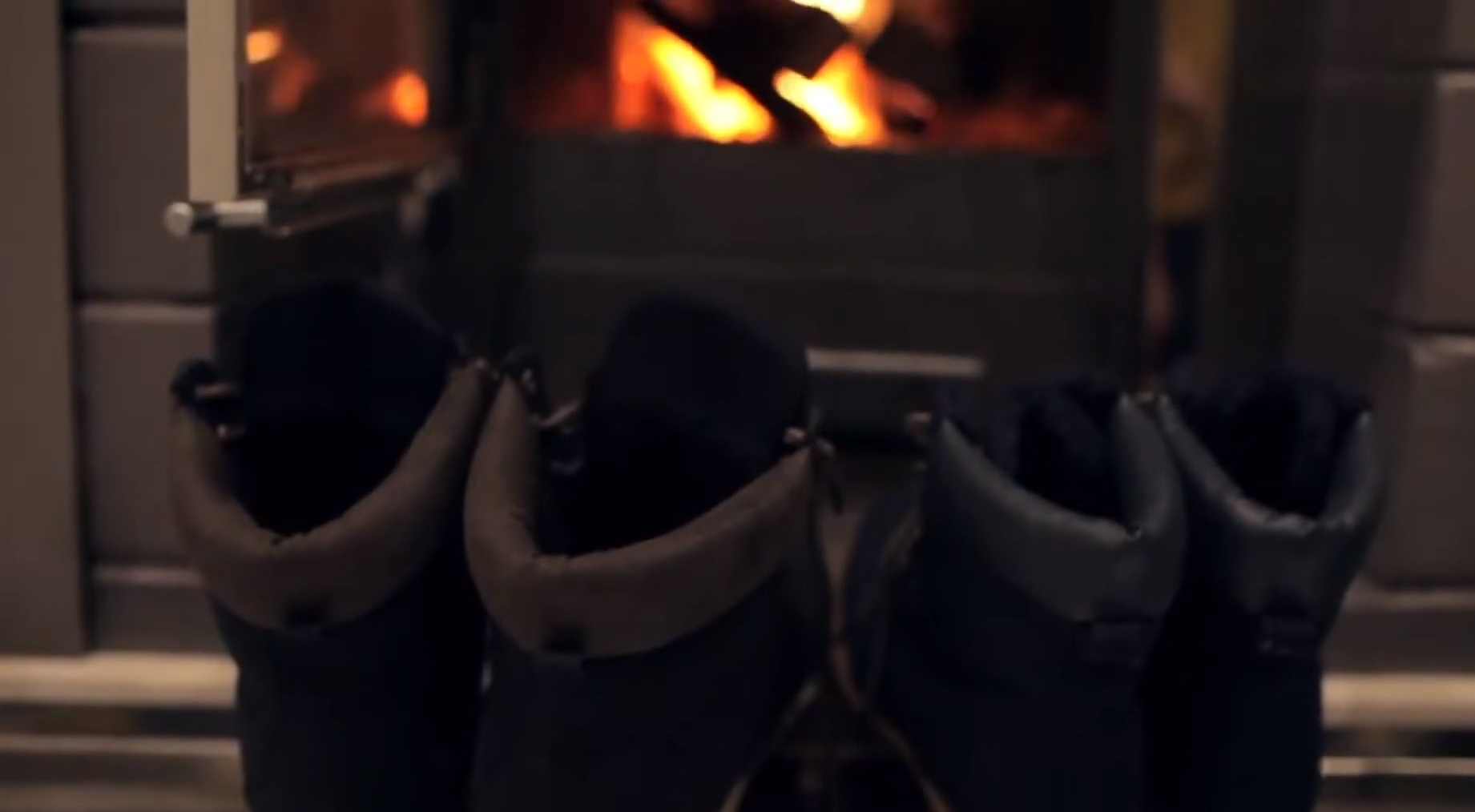
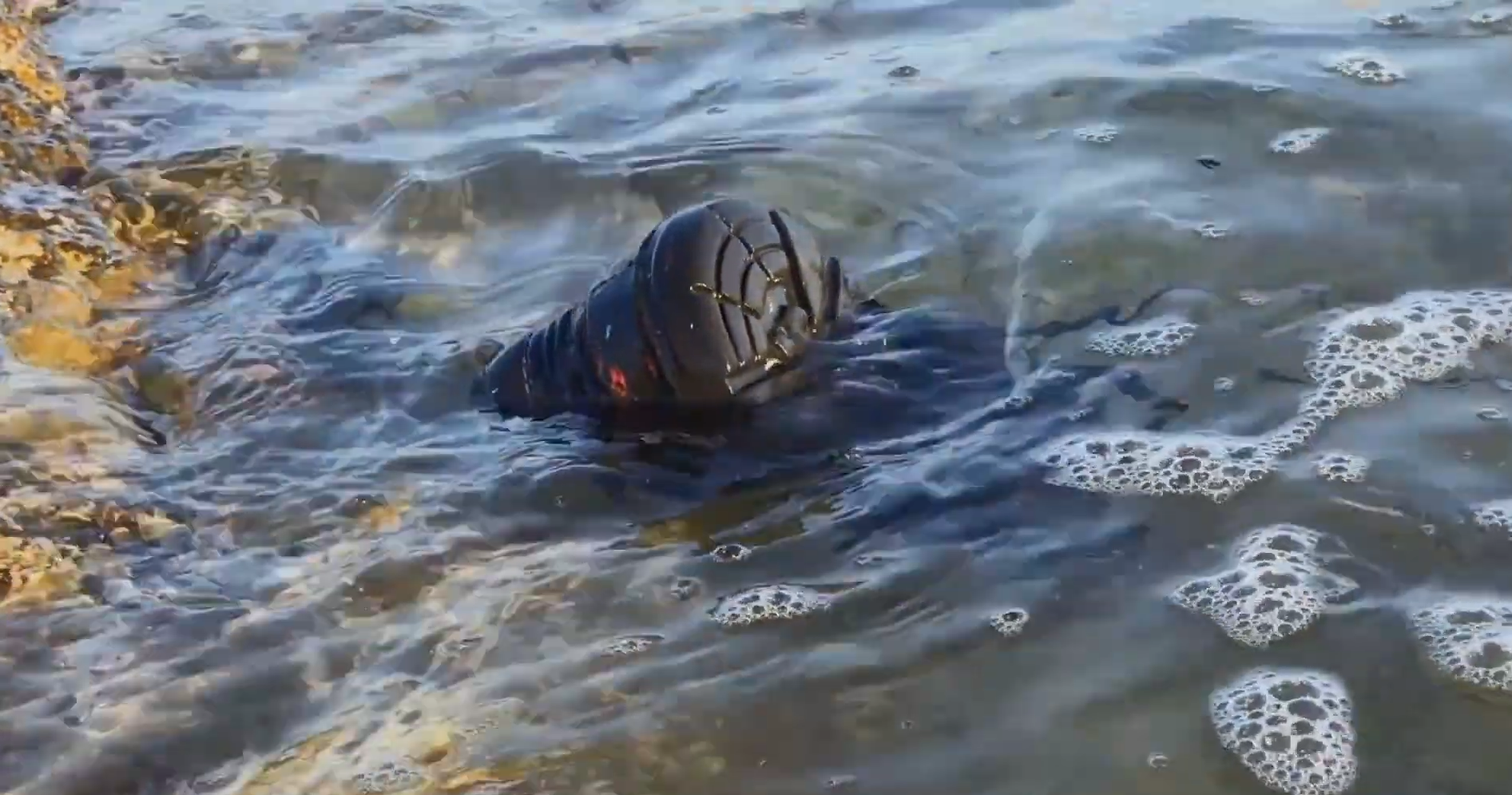
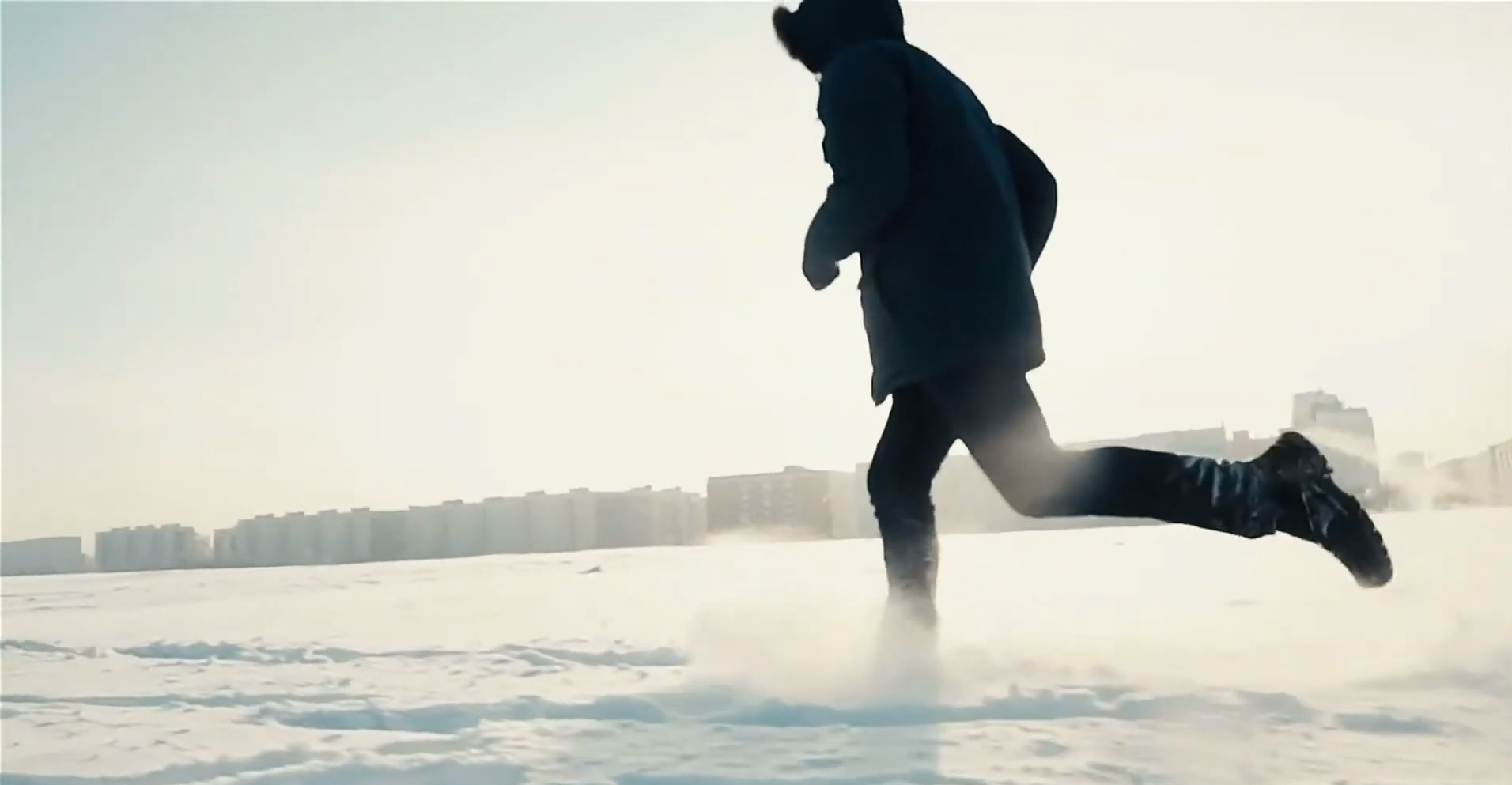

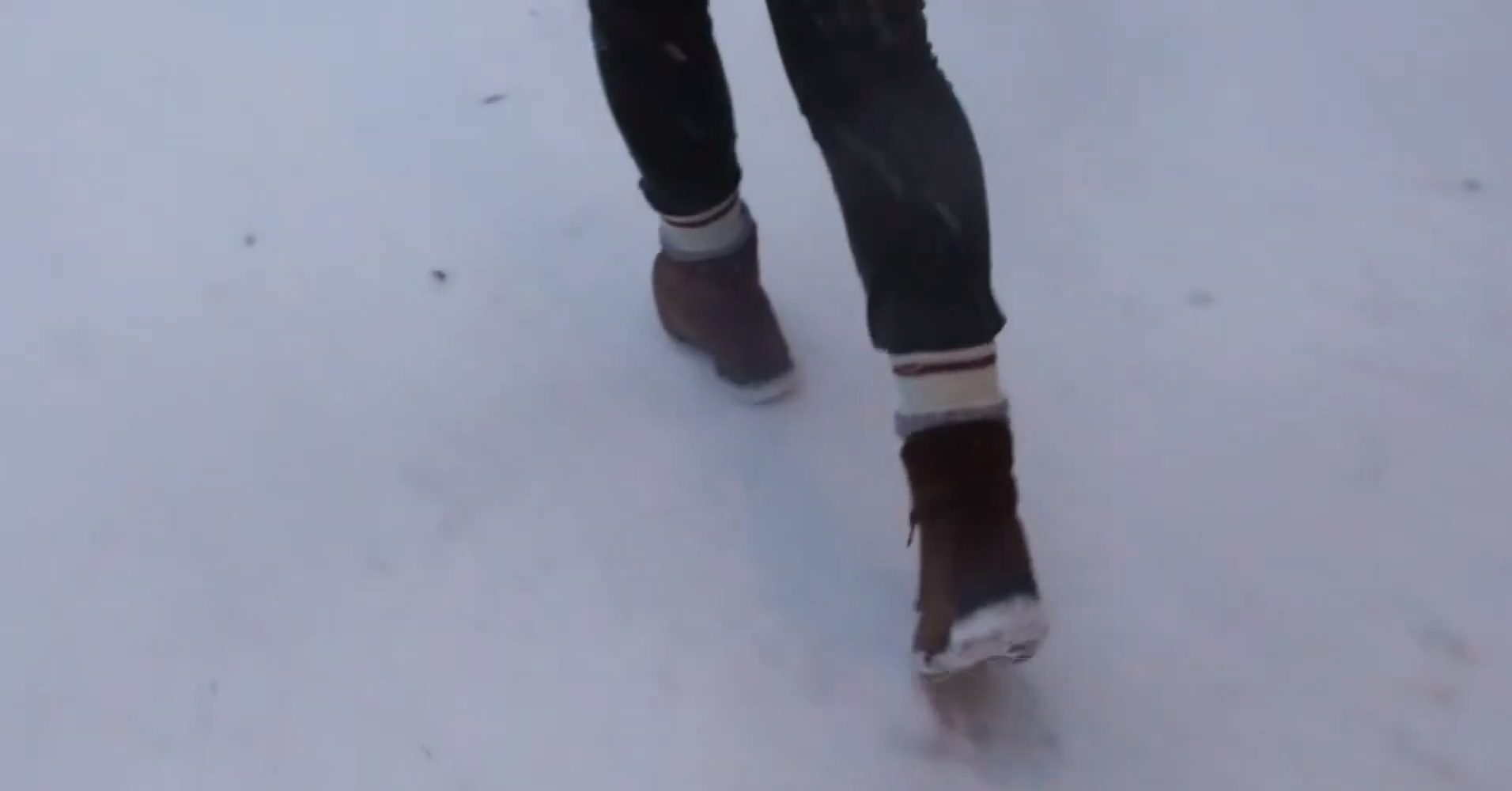
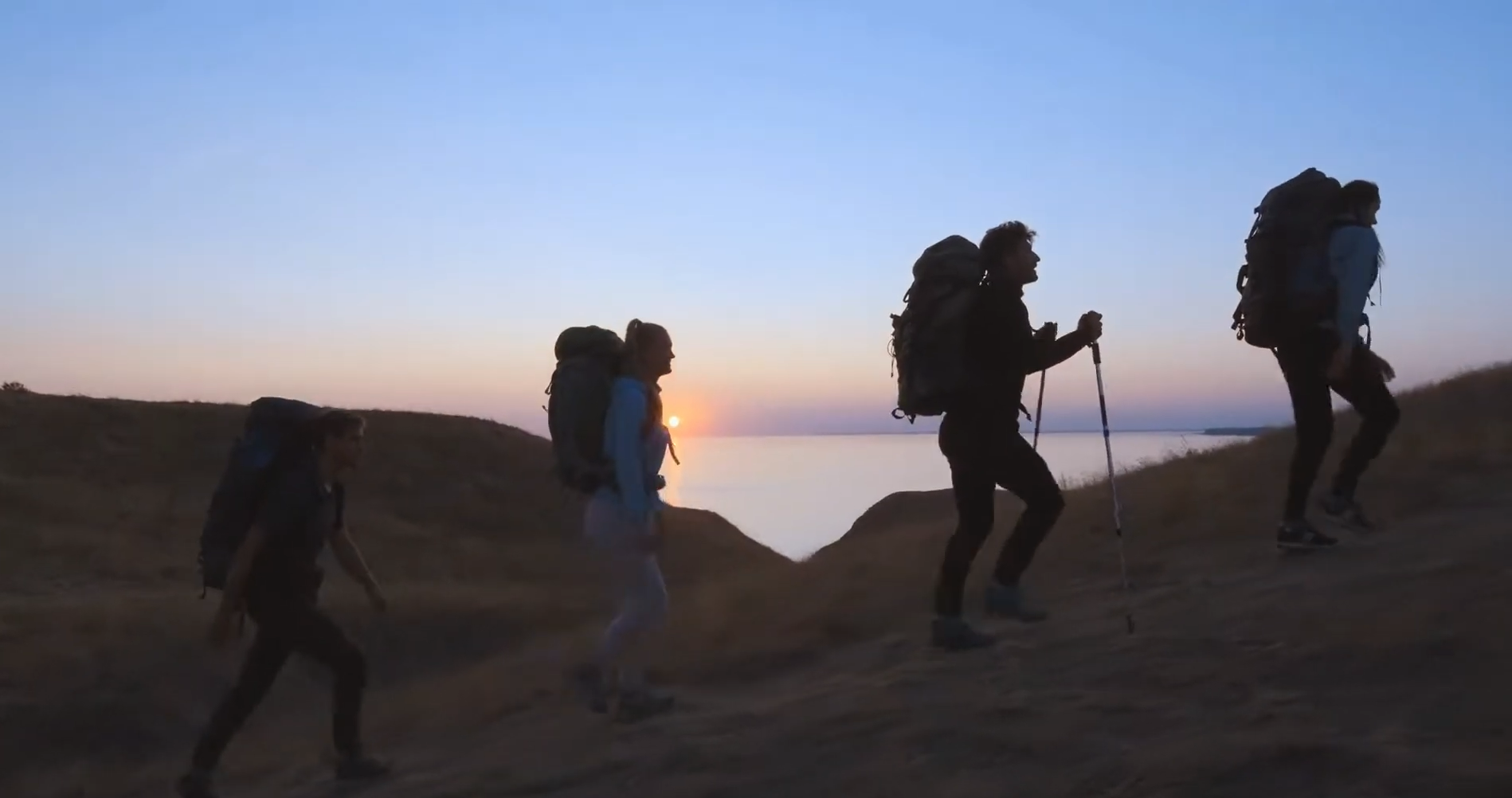
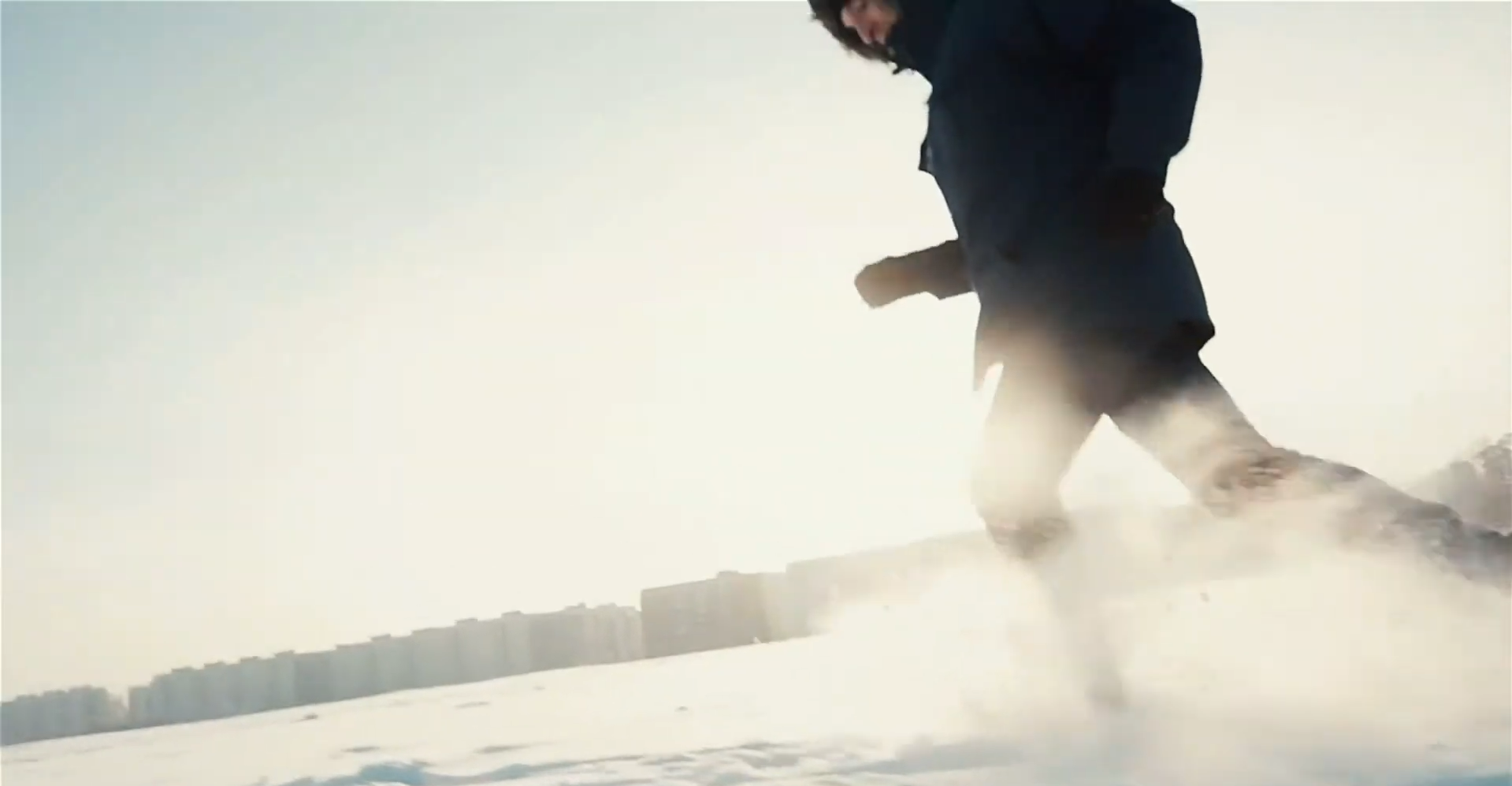



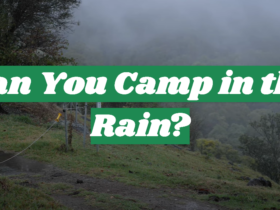
Leave a Review